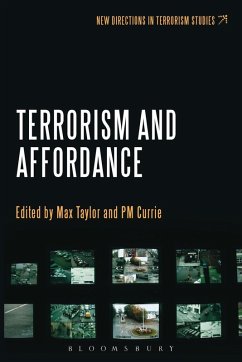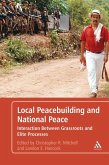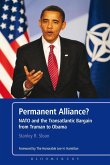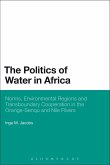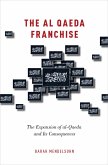In this groundbreaking work, leading scholars and experts set out to explore the utility of the concept of affordance in the study and understanding of terrorism and political violence.
Affordance is a concept used in a variety of fields, from psychology to artificial intelligence, which refers to how the quality of an environment or object allows an individual to perform a specific action. This concept can represent an important element in the process of choice involved in behavior, and is closely related to situational analyses of criminal behavior. In this book, the contributors set out to explore how this concept can be used to study terrorism and, as a result, develop management strategies. Essays discuss such topics as affordance in relation to counterterrorism, technology, cyber-jihad, ideology, and political ecologies.
By importing the concept of affordance and a new set of research to the study of terrorism, the authors offer an innovative and original work that challenges and adds to various aspects of situational crime prevention and counterterrorism.
Affordance is a concept used in a variety of fields, from psychology to artificial intelligence, which refers to how the quality of an environment or object allows an individual to perform a specific action. This concept can represent an important element in the process of choice involved in behavior, and is closely related to situational analyses of criminal behavior. In this book, the contributors set out to explore how this concept can be used to study terrorism and, as a result, develop management strategies. Essays discuss such topics as affordance in relation to counterterrorism, technology, cyber-jihad, ideology, and political ecologies.
By importing the concept of affordance and a new set of research to the study of terrorism, the authors offer an innovative and original work that challenges and adds to various aspects of situational crime prevention and counterterrorism.

